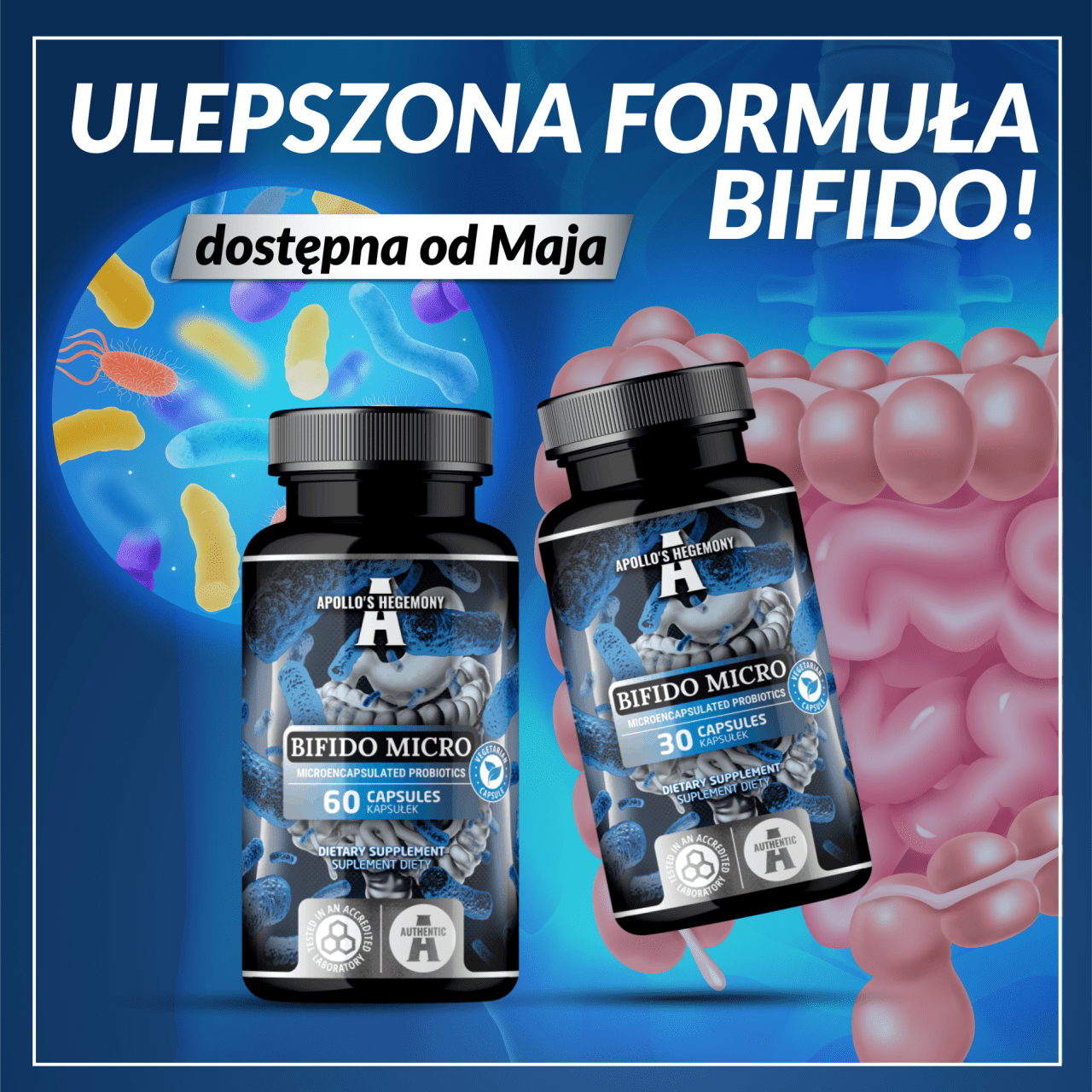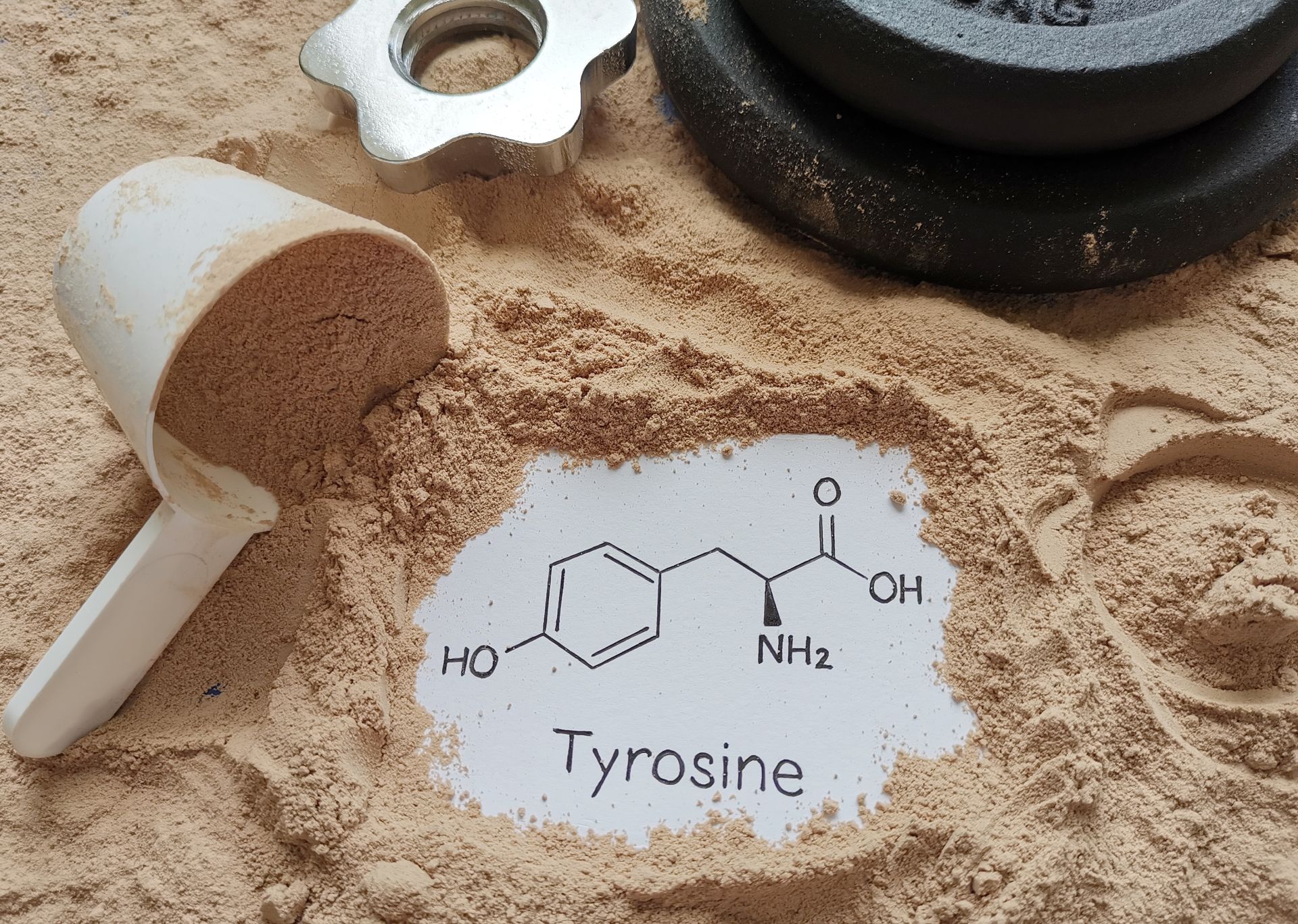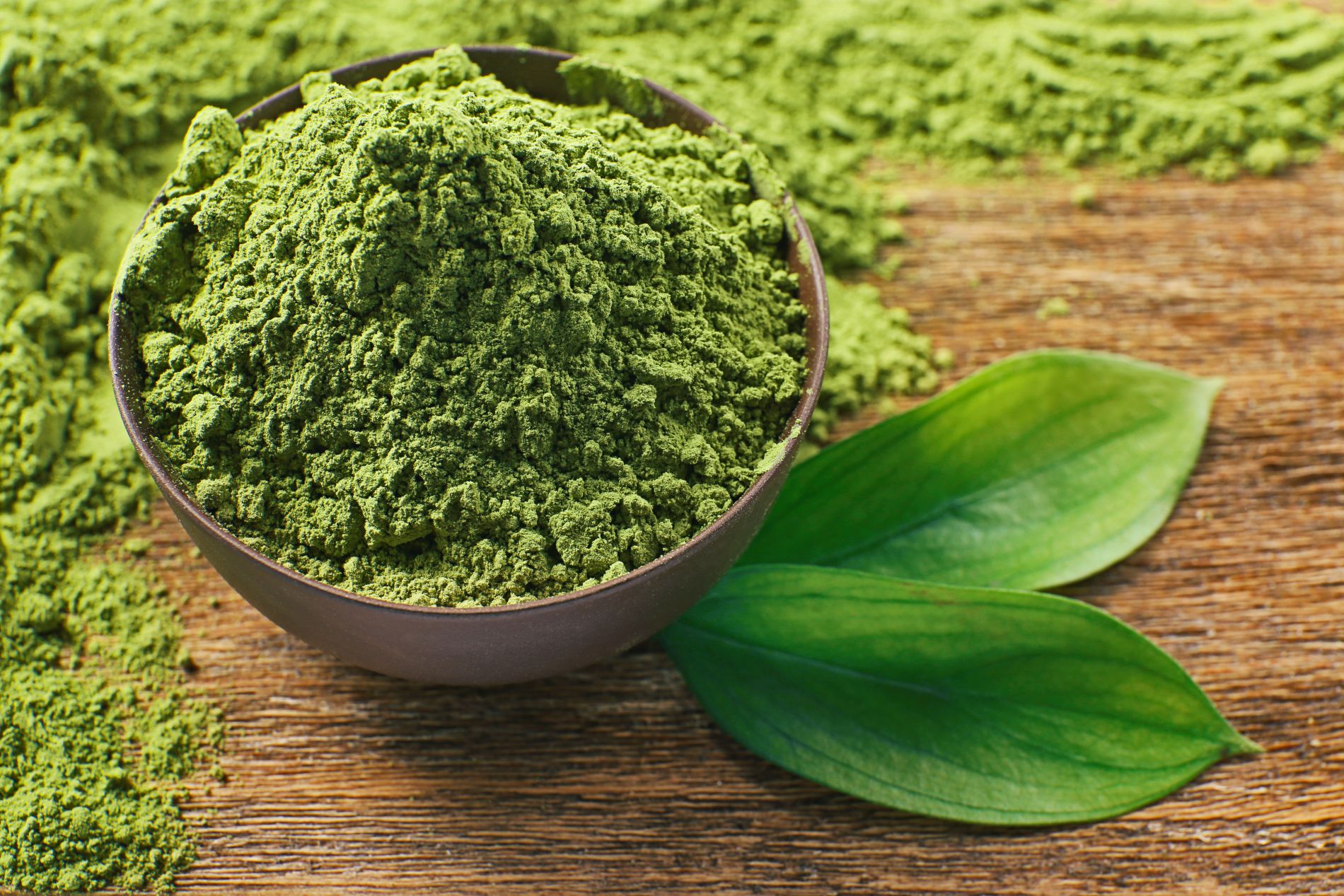heading_title

By manipulating the gut microbiome, we influence our health. A few decades ago this would have been an abstraction, whereas now we are discovering the links between gut bacteria and almost all aspects of human health. And we can manipulate the composition of the microbiome by, among other things, using the right probiotics. Their choice is very wide, and different strains of probiotic bacteria can produce very different effects. The genus Bifidobacterium is one of the most commonly used bacteria in probiotic supplements, due to its highly beneficial effects on humans.
- The role of Bifidobacterium bacteria in the human microbiome
- Bifidobacteria with AH Bifido Micro
- Bifidobacterium breve BR03™
- Bifidobacterium lactis BS01™
- Advantage of microencapsulated bacteria over regular lyophilizates
The role of Bifidobacterium bacteria in the human microbiome
Representatives of the genus Bifidobacterium are among the first microorganisms to colonize the human gastrointestinal tract and are believed to have positive effects on host health[1]. Many of them have documented health benefits, making them known as probiotics and used as dietary supplements.
Bifidobacteria occupy as much as 25% of fecal bacteria in adult humans, and up to 80% in infants[2]. As probiotic agents, they have been studied for their effectiveness in preventing and treating a wide range of gastrointestinal dis orders in animals and humans, such as colonic transit disorders, intestinal infections, and adenomas and tumors of the colon.
Bifidobacteria with AH Bifido Micro
Apollo's Hegemony's Bifido Micro probiotic supplement is designed for people who:
- are poorly tolerating Lactobacilli, such as through SIBO,
- need a probiotic, not a synbiotic (without the addition of FOS and other prebiotics),
- want to regulate bowel movements and intestinal comfort, especially in constipation problems,
- want to support the remodeling of microbiome composition and immune system function,
- are looking for a good quality probiotic with a sufficiently high dose and high stability of bacteria.
This supplement consists of two strains of Bifidobacterium patented by an Italian company with a high reputation. They are in the form of MICROBAC, or microencapsulated bacteria. They are:
- Bifidobacterium breve - BR03™(DSM 16604)
- Bifidobacterium animalis subsp. lactis - BS01™(LMG P-21384).
Each of these is at 5 billion AFU per capsule, so in total each capsule provides 10 billion AFU of probiotics. Let's see what we hear about these strains in the literature.

Bifidobacterium breve BR03™
This strain was used in a 30-day study[5] testing the effect of probiotics on the complaints of patients with constipation. BR03 together with L. plantarum LP01 produced good results, facilitating bowel movements and reducing the discomfort associated with them.
B. breve BR03 is one of the strains of probiotic bacteria that have the ability to inhibit the growth of pathogenic E. coli bacteria[3].
According to internal data from Probiotical, the manufacturer of this particular strain of B. breve, it has the ability to produce CLA (conjugated linoleic acid) and promotes the restoration of the balance between omega-3 and omega-6 fatty acids supplied from the diet. CLA acid has a reputation for promoting weight loss and is even used in numerous dietary supplements aimed specifically at weight reduction. As a result, the manufacturer sees B. breve BR03_™_ as having weight-loss potential.
Another study[4] says that BR03 clearly influences the modulation of the immune system. It is able to induce a corresponding increase in T helper lymphocytes and the secretion of Th2 immune arm cytokines (IL-10 and IL-4). This strain exhibits strong anti-inflammatory properties by shifting the Th1/Th2 balance toward a Th2 response and therefore may be beneficial in IBD.
Bifidobacterium lactis BS01™
The probiotic BS01 is especially recommended for constipation to support intestinal motility and reduce intestinal discomfort.
In one study,[5] 30 days of supplementation with 5 billion CFU per day of this probiotic resulted in: significant improvements in the number of weekly bowel movements and major bowel problems, especially stool consistency and ease of excretion. Discomfort, such as abdominal bloating and anal itching, burning or pain, also significantly decreased.
Advantage of microencapsulated bacteria over regular lyophilizates
Remember that probiotics are a unique type of dietary supplements. After all, they are living creatures! And this makes them much more sensitive to external factors than, for example, vitamins and minerals.
Microencapsulation is a process that is designed to give bacteria extra protection. It involves creating a fatty envelope around the bacterial cell. It is like an armor that increases resistance to high temperatures and other unfavorable external conditions. It protects probiotics from stomach acid, bile and pancreatic juices. Improves the overall stability of the finished form of the probiotic supplement.
This technology can increase the power of probiotic bacteria by up to five times. The study[6] that noted this specifically involved the B. lactis BS01 strain, among others. Where it was shown that 1 billion AFU (microencapsulated bacteria) was equivalent to 5 billion CFU (freeze-dried bacteria).
Sources:
-
O'Callaghan A, van Sinderen D. Bifidobacteria and Their Role as Members of the Human Gut Microbiota. Front Microbiol. 2016;7:925. Published 2016 Jun 15. doi:10.3389/fmicb.2016.00925
-
Picard C, Fioramonti J, Francois A, Robinson T, Neant F, Matuchansky C. Review article: bifidobacteria as probiotic agents - physiological effects and clinical benefits. Aliment Pharmacol Ther. 2005;22(6):495-512. doi:10.1111/j.1365-2036.2005.02615.x
-
Mogna L, Del Piano M, Deidda F, et al. Assessment of the in vitro inhibitory activity of specific probiotic bacteria against different Escherichia coli strains. J Clin Gastroenterol. 2012;46 Suppl:S29-S32. doi:10.1097/MCG.0b013e31826852b7
-
STEFANIA NICOLA et al. "Interaction between probiotics and human immune cells.
-
The prospective anti-inflammatory activity of Bifidobacterium breve BR03" March/April 2010 DIETARY FIBRES & PRE/PROBIOTICS Vol. 21(2)
-
Del Piano M, Carmagnola S, Anderloni A, et al. The use of probiotics in healthy volunteers with evacuation disorders and hard stools: a double-blind, randomized, placebo-controlled study. J Clin Gastroenterol. 2010;44 Suppl 1:S30-S34. doi:10.1097/MCG.0b013e3181ee31c3
-
Piano MD, Carmagnola S, Ballarè M, et al. Comparison of the kinetics of intestinal colonization by associating 5 probiotic bacteria assumed either in a microencapsulated or in a traditional, uncoated form. J Clin Gastroenterol. 2012;46 Suppl:S85-S92. doi:10.1097/MCG.0b013e3182672796
 ⮜ Previous article
⮜ Previous article
Tyrosine - what is it and what properties does it have?
 Next article ⮞
Next article ⮞